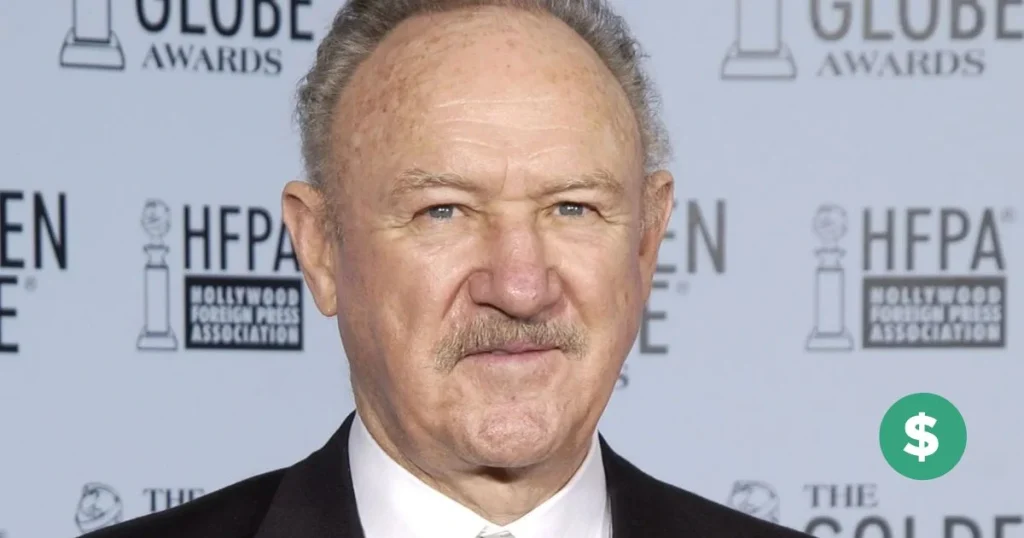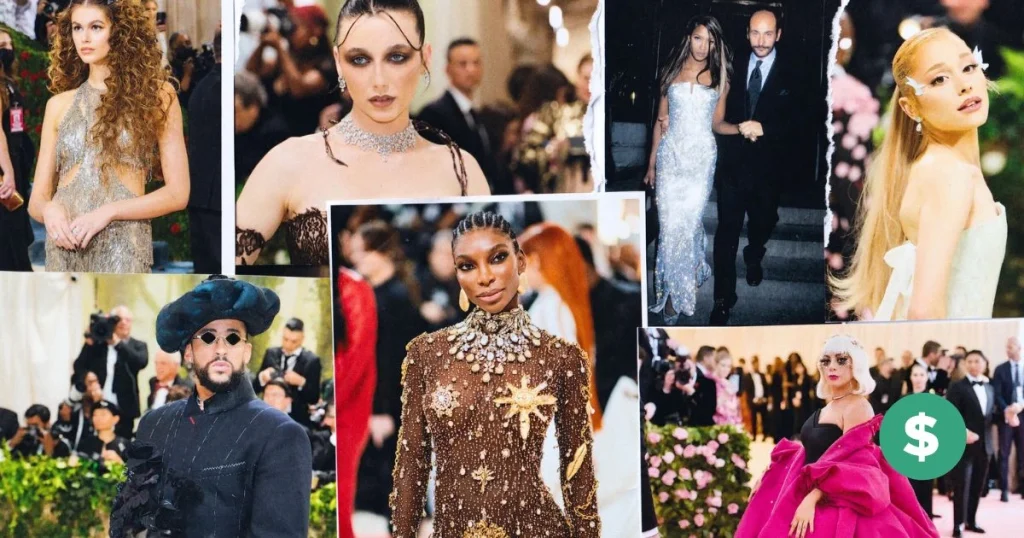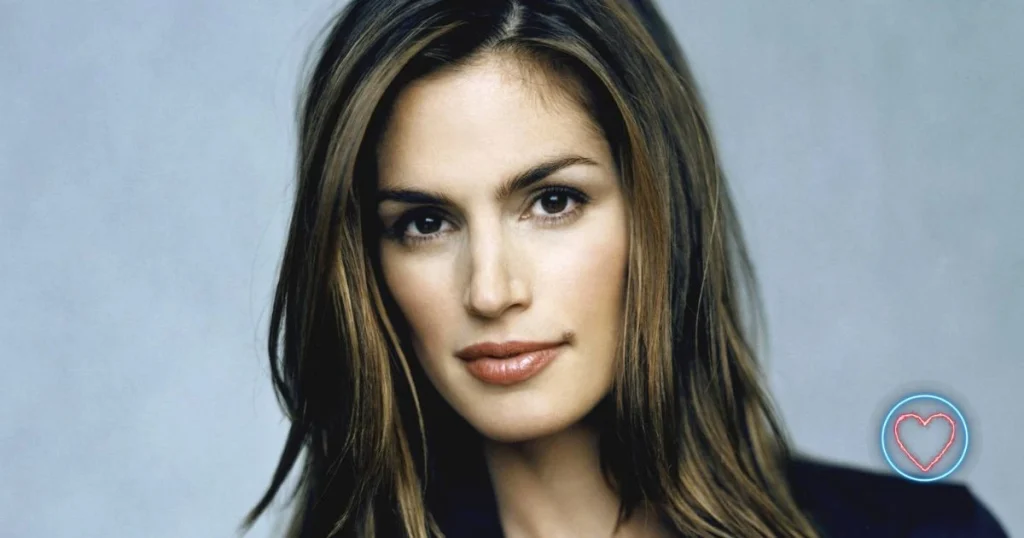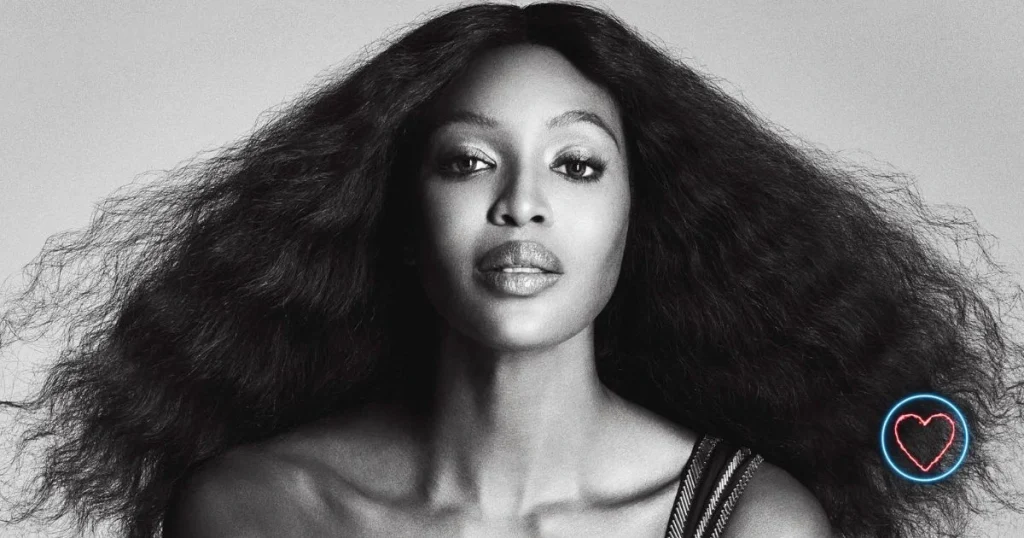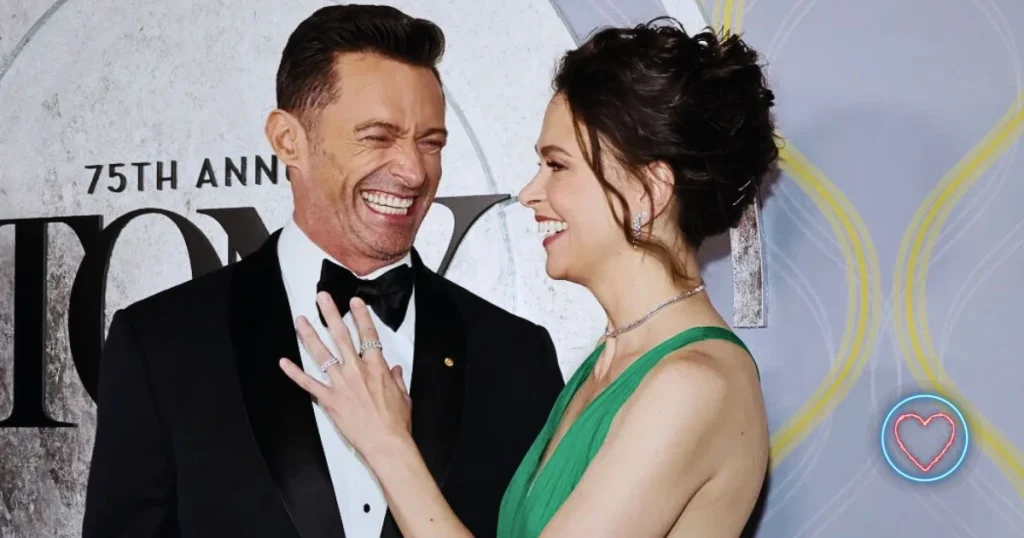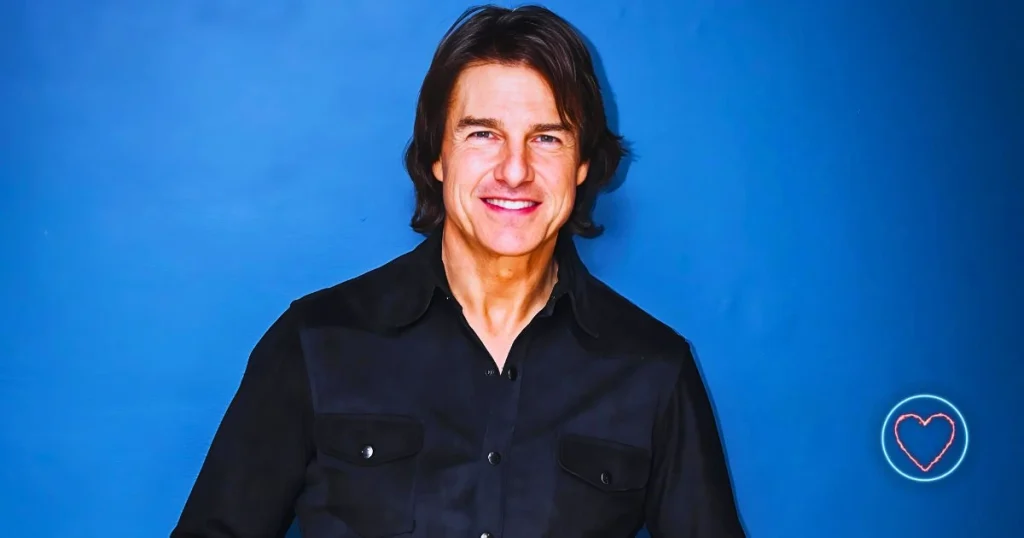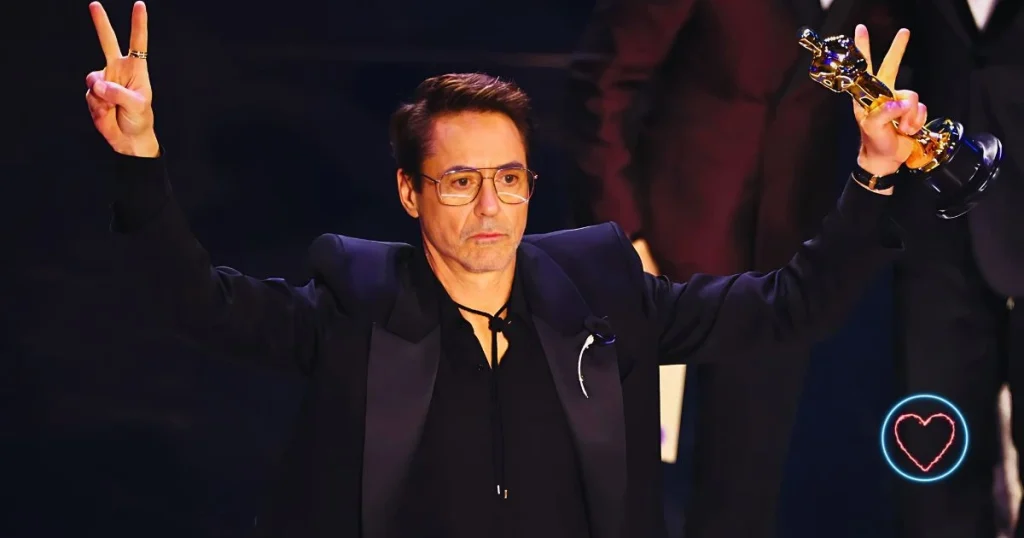Timothée Chalamet is not just acting—he’s architecting. In an era when celebrity culture moves faster and louder than ever, Chalamet has managed to stay both elusive and omnipresent. Having starred in indie darlings, sci-fi epics, coming-of-age classics, and period dramas—all before turning 30—there’s more at play beneath his tousled hair and soft-spoken charm. Every role, every red carpet appearance, and every career move seems to hint at a master plan—a secret career code that’s keeping him relevant while transforming him into a generational icon.
So, what exactly is his strategy? And why is it working so well?
1. The Soft Power of Vulnerability
In a time when toxic masculinity is being challenged and emotional intelligence celebrated, Chalamet emerged as a leading man unafraid to cry, ache, or break on screen. His breakout role in Call Me by Your Name (2017) wasn’t just a beautiful performance—it marked a revolution in male vulnerability. By shattering the stoic archetype and replacing it with sensitivity, nuance, and quiet intensity, he created something rare.
Instead of playing invincible heroes or high-octane action stars, Chalamet leans into fragility. This approach is not a sign of weakness but rather a different kind of strength. Millennials and Gen Z, who have grown up prioritizing mental health and emotional awareness, see themselves reflected in him. His characters embody not perfection, but possibility.
2. Indie Credibility, Mainstream Reach
One of the most impressive aspects of Chalamet’s career lies in his ability to straddle two often opposing cinematic worlds: indie credibility and blockbuster reach. While many actors struggle to find balance between these lanes, he navigates them effortlessly.
Following Call Me by Your Name, he appeared in critically acclaimed films such as Lady Bird, Beautiful Boy, and The King—all of which explored complex, introspective themes. These roles were far from safe choices; they challenged him as an actor. Then came Dune, a cinematic behemoth that catapulted him to global superstardom without compromising his artistic integrity.
He didn’t sell out—instead, he scaled up. This deliberate balance between artistry and accessibility forms a key part of his career code.
3. The “It Factor” Without Overexposure
Despite his fame, Timothée Chalamet remains surprisingly mysterious. Unlike many stars, he doesn’t overshare on social media or flood the interview circuit. Tabloid scandals rarely touch him. In a digital age where overexposure can quickly lead to audience fatigue, his careful cultivation of intrigue is strategic.
Chalamet shows up for his work and allows it to speak for itself. There are no gimmicks, no viral stunts, no headline-chasing antics. Rather, he operates with the precision of a curator instead of a clout-chaser. As a result, he isn’t just famous—he’s fascinating.
4. Fashion as Character Development
His red carpet appearances are as carefully chosen as his scripts. From backless halters at the Venice Film Festival to glittering Louis Vuitton harnesses at the Golden Globes, Chalamet uses fashion to tell a story.
Each look builds on his cinematic persona—a unique blend of romanticism, rebellion, and futuristic flair. Through these style choices, he redefines masculinity in fashion, making space for softness, experimentation, and aesthetic risk.
For younger generations who value fluidity and authenticity, Chalamet doesn’t simply dress to impress—he dresses to express, reinforcing his brand with every stitched statement.
5. Collaborating with Visionaries
If you examine Chalamet’s list of directors, you’ll find names like Luca Guadagnino (Call Me by Your Name), Greta Gerwig (Lady Bird, Little Women), Denis Villeneuve (Dune), Wes Anderson (The French Dispatch), and Paul King (Wonka). These filmmakers are more than just directors; they’re auteurs who shape cinematic worlds with distinct styles.
Choosing to work with such visionary creators is no accident. Instead of climbing the typical Hollywood ladder, Chalamet is building a legacy. By aligning himself with filmmakers who craft stories that matter, he elevates his performances and solidifies his reputation as an actor’s actor rather than a star-for-hire.
6. Genre Mastery Without Typecasting
Trying to typecast Timothée Chalamet proves nearly impossible. His filmography is a kaleidoscope of genres and characters:
- An introspective gay teen in Call Me by Your Name
- A struggling drug-addicted son in Beautiful Boy
- A rebellious prince in The King
- An iconic literary boy-next-door in Little Women
- A desert-born messiah in Dune
- A singing chocolate-maker in Wonka
Each role contrasts sharply with the last, keeping audiences guessing and casting directors intrigued. This versatility demonstrates his genre agility, refusing to settle into any stereotype and making him endlessly employable.
7. Global Appeal With Local Integrity
Although born in Manhattan, Chalamet has a bicultural background—his father is French—which lends him an international flair beloved worldwide. Fluent in French, he carries an intellectual charisma and exudes the finesse of a global citizen.
This blend of cosmopolitan style and youthful honesty allows him to transcend cultural and geographic boundaries. Consequently, he enjoys rare international staying power that few young actors achieve.
8. Avoiding the Superhero Trap—For Now
Hollywood’s landscape is currently dominated by capes and CGI superheroes, yet Chalamet has notably stayed distant from this gravitational pull. This is not due to inability but rather choice. Early advice he received was to avoid “hard drugs and superhero movies.”
By resisting the lure of franchise fame (outside of Dune, which balances prestige with blockbuster appeal), Chalamet maintains an identity defined by character, not costumes. Although this stance may change, for now it’s a shrewd career move that keeps him unique in a crowded market.
9. Capturing the Zeitgeist, Not Chasing It
What truly sets Chalamet apart is his ability to capture the cultural moment without blindly chasing trends. Instead of following the algorithm, he anticipates what’s missing and fills the void.
In a world craving authenticity, he offers sincerity. In an industry flooded with noise, he brings quiet intensity. While others rush to stay relevant, he cultivates timelessness—an approach that appears intentional rather than accidental.
10. Emotional Realness Over Relatability
Many celebrities aim to be “relatable” by sharing everyday details or posting casual selfies. However, Chalamet opts for emotional realness instead—a distinction that matters.
Relatability is often fleeting, while realness resonates deeply and endures. Whether portraying heartbreak, addiction, or existential dread, his emotional availability creates a profound connection with audiences. Millennials and Gen Z don’t want idols who are just like them—they want ones who are truthful.
Chalamet offers just that, both on and off screen.
Conclusion: A Star With a Blueprint
Timothée Chalamet’s meteoric rise is far from accidental. It results from a thoughtfully constructed code: selecting transformative roles, maintaining mystery, collaborating with visionary directors, defying typecasting, and embracing vulnerability.
More than building a resume, he’s crafting a legacy.
In a time when fame is often fleeting and careers burn out quickly, Chalamet’s secret career code proves not just effective but brilliant. He grows with his audience, reflects their anxieties and hopes, and stays one step ahead of cultural shifts.
If this is only Act I, the world eagerly awaits what he will do next.

